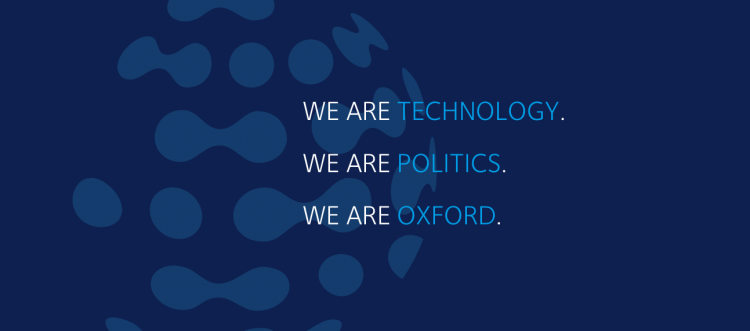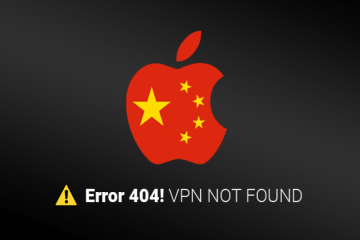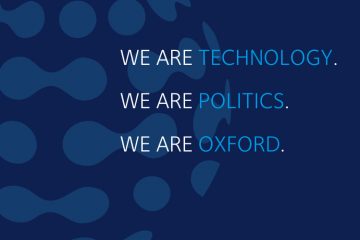Technology and Global Affairs

The Centre for Technology and Global Affairs (CTGA) produces research on the transforming impact of modern technology on international relations, government, and society. Based at Oxford University’s Department of Politics and International Relations, it is the first global research initiative focusing on the study of technology in a political science department at any of the world’s major universities.
The Centre seeks to create a new body of knowledge on the political and social impact of ongoing technological changes and to apply these new understandings to the guidance of policy practice. The Centre’s research is wide ranging. Faculty, researchers, and associates explore developments across a broad spectrum of technological dimensions – including cybersecurity, artificial intelligence, machine learning, and robotics. Connections between our researchers and the wider world of government and industry are at the heart of our impact mission.

Measuring Censorship on Mobile App Stores

Why We Need to Step up to the Regulatory Challenge of the Sharing Economy and New Financial Instruments

Can Facebook govern itself?

No New Cold War: Give Strategic Interdependence a Chance

Tracking the Twitter conversation on the Irish abortion referendum










